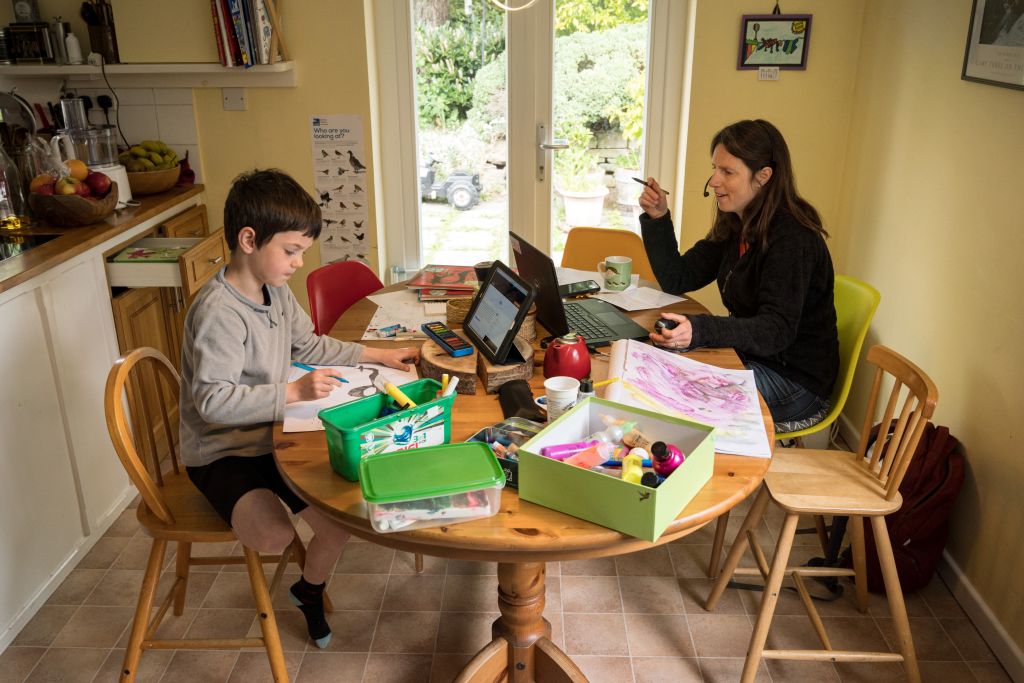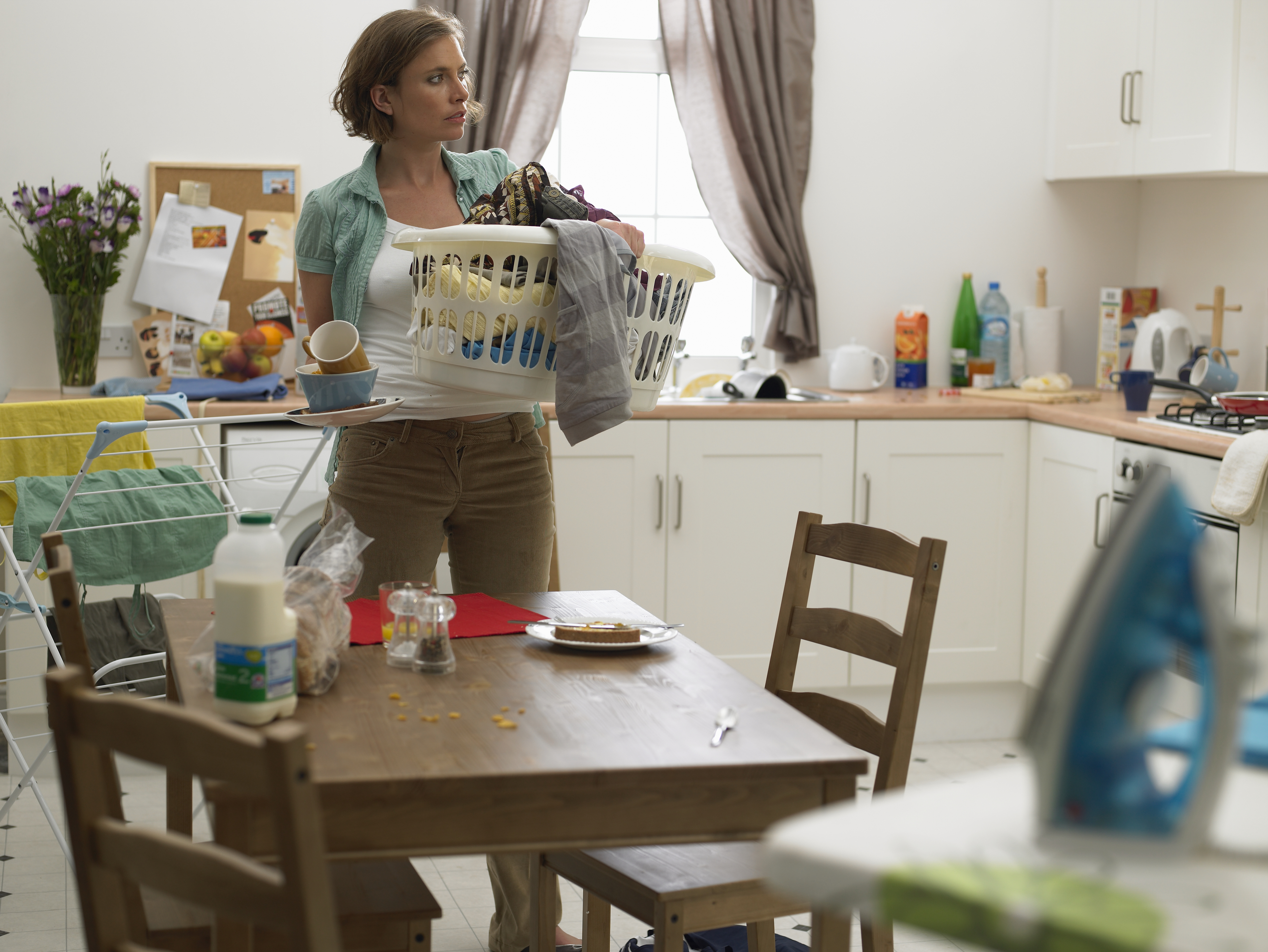The past five months or so haven’t been a particularly great time for most of us, but the pandemic has presented some unique challenges for parents in particular. Left to balance their own careers with full-time child care and homeschooling duties as lockdown orders shuttered schools and daycare centers around the country, many parents are realizing they simply can’t do it all.
Unfortunately, that’s meant leaving the workforce to prioritize child care and homeschooling demands for an increasing number of parents. New research from the Census Bureau and Federal Reserve has found that one in five adults is currently unemployed because COVID-19 upended their regularly scheduled child care plans.
More bad, if not entirely unsurprising, news: those numbers are much higher among working mothers than working dads. According to the data, women are nearly three times more likely than men to stay home and assume full-time child-care duty.
“I fully expect to have to choose between my family and my job of almost 10 years very soon, which really isn’t a choice,” Kelly Bebout, who has been employed in healthcare for nearly a decade, told CNN. “It will mean being unemployed for the first time in my adult life, but my family has to come first.”
Of course, many working parents don’t even have the option of forgoing a paycheck to prioritize staying home with the kids, forcing many to make even more difficult decisions.
“We cannot ignore that many people just cannot quit their jobs,” said Heidi Shierholz, senior economist at the Economic Policy Institute.
And while the fact that more women than men are making those difficult decisions is hardly surprising, it’s still bad news.
“We know that women still shoulder the majority of the responsibility for care work. When these care work demands go up it’s totally reasonable to assume that this falls more to women than men,” Shierholz said. “Women will see income declines, because of cutting back hours and some will just end up dropping out,” all of which “exacerbates gender inequality,” she added.
Thanks for reading InsideHook. Sign up for our daily newsletter and be in the know.


















